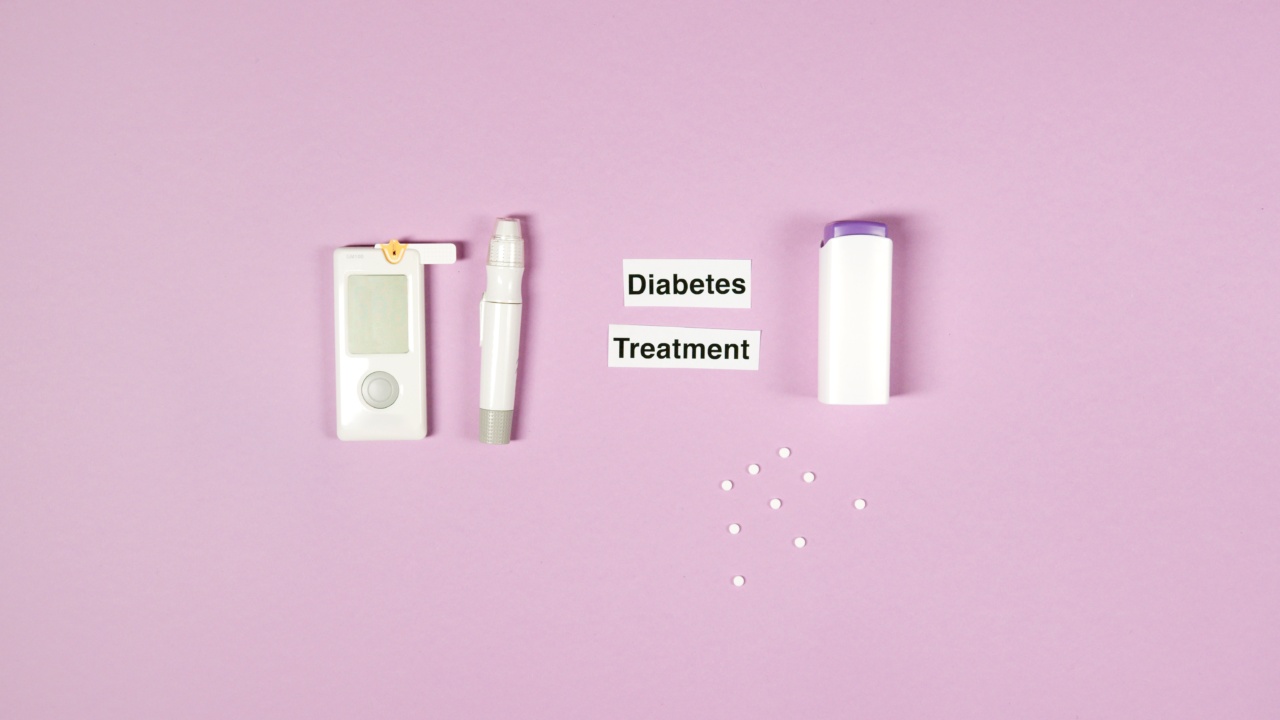Every year on November 17th, the world unites to observe World Premature Day, dedicated to raising awareness about premature birth and the challenges faced by premature babies and their families.
This global initiative aims to improve healthcare practices and support systems for preterm infants worldwide.
Understanding Premature birth
Premature birth is defined as the birth of a baby before completing 37 weeks of gestation. According to the World Health Organization (WHO), approximately 15 million babies are born prematurely every year, accounting for around 1 in 10 births worldwide.
This alarming statistic necessitates greater attention and efforts to combat the issue.
The Impact of Premature Birth
Preterm birth can have significant short-term and long-term consequences for both the baby and the family.
Premature infants often face a range of health issues such as respiratory distress syndrome, jaundice, infections, and difficulty with feeding and maintaining body temperature. The baby’s immature organs and underdeveloped immune system make them more susceptible to these challenges.
Furthermore, premature birth can also lead to long-term complications such as developmental delays, learning disabilities, vision and hearing problems, and a higher risk of chronic conditions like asthma and diabetes.
The emotional and financial burden on families can be substantial, as they navigate the complex world of neonatal intensive care units (NICUs) and the ongoing care needed after discharge.
The Importance of World Premature Day
World Premature Day serves as a crucial platform to emphasize the urgency of addressing the issues surrounding prematurity.
It aims to raise awareness among healthcare professionals, policymakers, and the general public about the causes, prevention, and support necessary to ensure better outcomes for premature babies.
Promoting Kangaroo Care
Kangaroo care is a vital practice that receives special attention on World Premature Day. It involves holding the premature baby skin-to-skin against the bare chest of a parent or a caregiver.
This technique provides numerous benefits, including regulating the baby’s body temperature, promoting breastfeeding, and facilitating bonding between the baby and parent.
Studies have shown that kangaroo care can reduce the risk of mortality, infections, and other complications for premature babies. It also enhances their neurodevelopmental outcomes and overall well-being.
By spreading awareness about the importance of kangaroo care, World Premature Day aims to encourage healthcare facilities to promote this valuable practice and empower parents to participate actively in the care of their preterm infants.
Neonatal Intensive Care Unit (NICU) Support
World Premature Day also focuses on acknowledging and supporting the efforts of healthcare professionals in neonatal intensive care units (NICUs) who provide specialized care for premature babies.
These dedicated healthcare providers work tirelessly to monitor the fragile infants, administer medications, and ensure effective treatment for their complex medical needs.
On this day, various initiatives are undertaken to educate and empower the NICU staff, recognizing their dedication and providing them with additional resources to enhance their knowledge and skills.
Creating a positive and supportive environment within the NICU is crucial for both the well-being of the babies and the mental health of their families.
Collaborative Efforts between Healthcare Professionals and Families
World Premature Day emphasizes the significance of collaboration between healthcare professionals and families in supporting premature babies.
Recognizing the expertise that parents bring as primary caregivers, medical staff encourages their active involvement in the care and decision-making process.
Informed parents can better advocate for their baby’s needs and become partners in creating individualized care plans, setting goals, and successfully transitioning the baby from the NICU to home.
World Premature Day serves as a reminder that open communication and mutual understanding between healthcare providers and parents are vital in achieving the best possible outcomes for premature babies.
Preventing Premature Birth
While the exact causes of premature birth are often unknown and unpredictable, several factors increase the risk.
These include inadequate prenatal care, maternal infections, high blood pressure, smoking, alcohol or drug use, multiple pregnancies, and certain medical conditions.
Efforts to reduce premature birth rates involve raising awareness about these risk factors and promoting healthy habits during pregnancy.
Assuring access to quality prenatal care, educating expectant mothers about proper nutrition, stress management, and the dangers of smoking and substance abuse are vital steps towards preventing premature birth.
Additionally, healthcare providers and policymakers must work together to improve the quality and accessibility of obstetric services, ensuring timely interventions and appropriate management of high-risk pregnancies.
Supporting Premature Babies and their Families
World Premature Day is a call to action to support premature babies and their families in various ways.
Governments, healthcare organizations, and communities worldwide strive to enhance neonatal care facilities, increase funding for research and development of innovative treatments, and establish networks of support for families.
Support groups and organizations dedicated to assisting families with premature babies play a crucial role in providing emotional support, sharing knowledge and experiences, and offering practical assistance.
These groups help families navigate the challenges they face during the NICU stay, as well as during the transition to home and beyond.
How Can You Get Involved?
There are several ways individuals can participate in raising awareness for World Premature Day and supporting premature babies:.
1. Share information on social media platforms using hashtags like #WorldPrematureDay and #PreemiePower to educate others about prematurity.
2. Organize or participate in local events, campaigns, or fundraisers to support premature babies and their families.
3. Volunteer your time and expertise in neonatal care units or support groups.
4. Donate to organizations that focus on research, advocacy, and support for premature babies.
5. Educate yourself and others about preterm birth, its causes, and prevention strategies.
Conclusion
World Premature Day is an opportunity for individuals, communities, healthcare professionals, and policymakers to unite and take action against prematurity.
By raising awareness, supporting research, and empowering families, we can strive towards better outcomes for premature babies and reduce the global burden of preterm birth.































